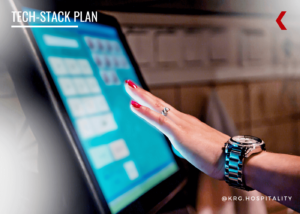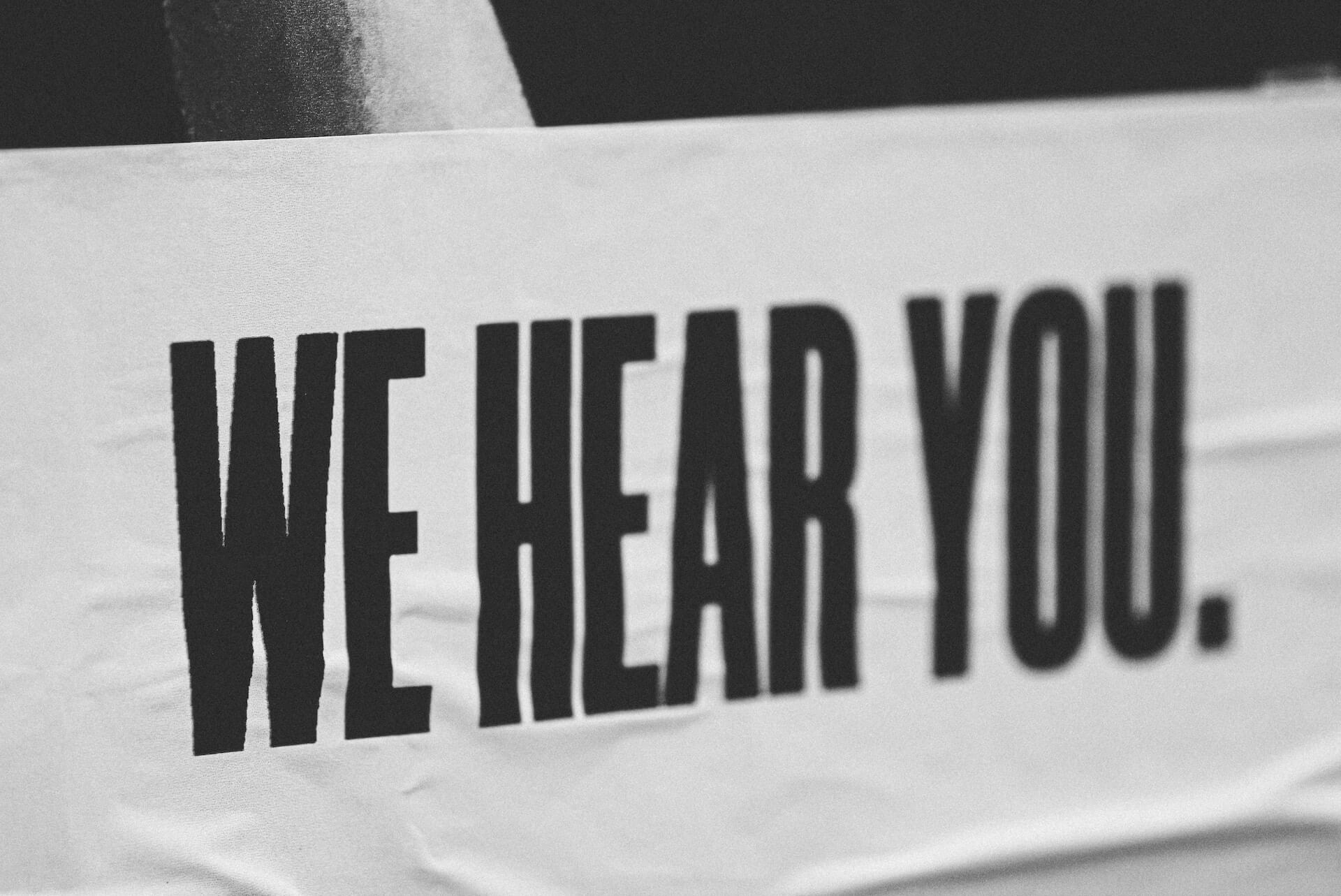SevenRooms Announces Powerhouse Advisory Board
by David Klemt

One of our favorite hospitality technology platforms, SevenRooms, is back at it, showing off their commitment to growth through an announcement made today.
Regular readers of KRG Hospitality’s industry news section may recall an impressive announcement from SevenRooms toward the end of last year. In late November of 2023, the innovative hospitality CRM, operations, reservation, and marketing platform released not one, not two, but three powerful new tools:
- Priority Alerts
- Private Line
- Word-of-Mouth Referrrals
Those who may have missed this announcement can read about these tools here.
Today’s news, however, isn’t based on the release of an innovative new tech feature. Rather, it has everything to do with SevenRooms looking toward the future. The hospitality tech leader is proud to announce CAB, their Customer Advisory Board.

At the launch, CAB features five hospitality industry heavy hitters. Each represents a hospitality titan, such as MGM Resorts International, Union Square Hospitality Group, and Black Sheep Restaurants. Each member is tasked with analyzing AI, revenue management, and the future of hospitality, and the opportunities presented by each.
Personally, I’m particularly interested in what CAB members will have to say about AI in the industry by year’s end.
For more details, please review the official press release below.
SEVENROOMS ANNOUNCES LAUNCH OF CUSTOMER ADVISORY BOARD WITH GLOBAL HOSPITALITY LEADERS
MGM Resorts International, Union Square Hospitality Group, Black Sheep Restaurants, Australian Venue Co., and MJMK Restaurants join to provide strategic insights on the future of hospitality, emerging trends, and key technological opportunities
NEW YORK (June 4, 2024) – SevenRooms, the leading marketing and operations platform for the hospitality industry, today announced the creation of its inaugural Customer Advisory Board (CAB). Composed of hospitality experts and thought leaders from the United States, Hong Kong, Australia, and United Kingdom, SevenRooms’ CAB will serve as a strategic forum to explore, discuss and action opportunities within the hospitality industry.
CAB members joined SevenRooms executive leadership at the ARIA Resort & Casino in Las Vegas to discuss the 2024 board theme of “Future Proofing to Serve up Success.” CAB attendees gained deeper insight into industry trends and best practices from global markets, discussed the value of loyalty in building hospitality-focused businesses with their peers, and debated how technology can help bridge the gap between guests and restaurants to deliver revenue-driving experiences. Throughout 2024, CAB members will continue to explore the following areas of opportunity:
- Future of Hospitality – consumer sophistication, technology consolidation and the preparing workforces for what’s to come
- Artificial Intelligence – authenticity and the importance of maintaining human, hospitality-focused connections
- Revenue Management – data storytelling and how to make more money from the
same seats
As the consumer of tomorrow evolves, with new demands and expectations, SevenRooms’ CAB will continue to explore what authentic, hospitality-driven experiences look like for both hospitality operators and consumers. Plus, develop strategies for how technology like SevenRooms can provide a blueprint for growth to help operators own and elevate the guest experience to build loyalty. This includes leveraging CRM and marketing tools that not only help their businesses grow, but ensure they’re set up for long-term success by generating more predictable revenue, more often.
“We are excited to launch our Customer Advisory Board, welcoming this esteemed group of industry leaders deeper into our community,” said Joel Montaniel, CEO and Co-Founder of SevenRooms. “At SevenRooms, we are committed to the long-term success of our customers both now and in the future. As leaders in innovation, we empower operators to build sustainable, profitable businesses with guest experience at their core. With our board members’ diverse perspectives and deep industry knowledge, they will be instrumental in helping us better understand and address the needs of our customers and the wider global hospitality industry, ultimately, helping them better serve their guests.”
The inaugural members of the Customer Advisory Board include:
- Ari Kastrati, Chief Hospitality Officer, MGM Resorts International
- Kelly MacPherson, Chief Supply Chain & Technology Officer, Union Square Hospitality Group
- Syed Asim Hussain, Founder, Black Sheep Restaurants
- Kylie Moncur, Chief Marketing Officer, Australian Venue Co.
- Hannah Berry, Marketing Director, MJMK Restaurants
“Working with Joel and the SevenRooms team over many years, I’ve seen firsthand their commitment to the hospitality industry and its continued growth and evolution; passions I too hold very dear,” said Ari Kastrati, Chief Hospitality Officer at MGM Resorts International and Chairman of SevenRooms’ Customer Advisory Board. “I am honored to chair this new advisory group, with a collective goal of supporting and empowering hospitality businesses as they navigate an increasingly complex market and strive to elevate experiences for diners of today and tomorrow.”
For more information about SevenRooms and its Customer Advisory Board, please visit sevenrooms.com/customer-advisory-board.
About SevenRooms
SevenRooms is a leading marketing and operations platform for growing restaurants in the hospitality industry. From Michelin star gems to local favorites, the all-in-one platform helps restaurants increase sales, delight guests, and keep them coming back, automatically. The full suite of products includes reservations, waitlist and table management, review aggregation, referrals, email marketing, and marketing automation. Founded in 2011 and venture-backed by Amazon, Comcast Ventures and PSG, SevenRooms has more than 10,000 dining, hotel F&B, nightlife and entertainment clients globally, including: Marriott International, MGM Resorts International, Mandarin Oriental Hotel Group, Wynn Resorts, Jumeirah Group, Hard Rock Hotels & Resorts, Wolfgang Puck, Michael Mina, Bloomin’ Brands, Union Square Hospitality Group, Australian Venue Co., The Wolseley Hospitality Group, Dishoom, Live Nation and Topgolf. www.sevenrooms.com





